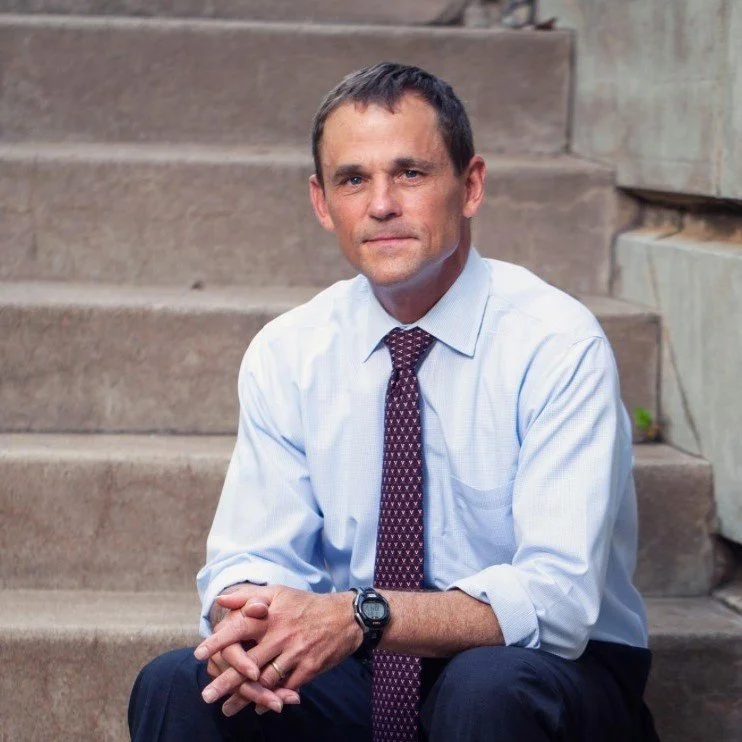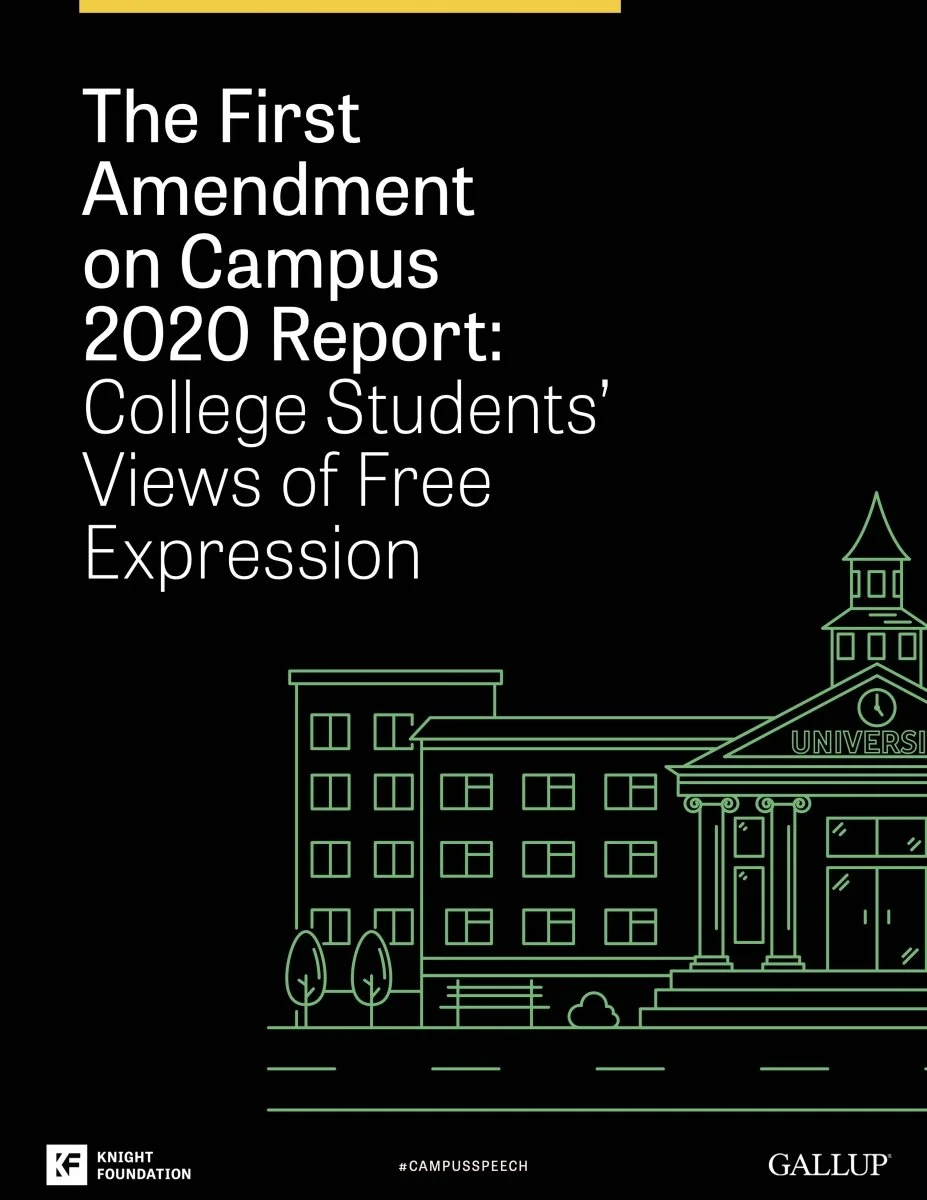Hard Lessons
America’s education system teaches democratic values, but often fails to embody them.
Read
Over the last 25 years, college tuition has almost doubled. Meanwhile, America’s K-through-12 education system has only become more fractured — with acute disparities in standards and resources at different schools sometimes just miles away from each other. But UVA president Jim Ryan has hope that with creative solutions across the board, learning can be democratized, and democracy itself enriched in the process. Hear what he has to offer Siva and Will — and the tough questions their students have for Ryan.
Taped during our hosts’ January term course — also called “Democracy in Danger” — this show features exchanges about the Lawn sign controversy, the role of research universities during the pandemic, thorny matters of free speech on campus, and how disinformation is aggravated by uneven learning paradigms across public school districts.
Colleges and universities in particular have come under fire from across the political spectrum for their role in the democratic process. Conservatives claim that mainstream institutions of higher ed are hardly more than echo chambers for the left that censor opposing viewpoints. Progressives often make the case that postsecondary schools aren’t doing enough to be inclusive and affordable. Can influential academic institutions like the University of Virginia take on these challenges and help build a more democratic future?
This task is daunting, and few people understand that better than Jim Ryan. As a law professor, he researched and wrote about education inequality and equal opportunity. And as dean of a prominent ed school he was immersed in debates about how best to improve public education.
Meet
James E. Ryan is the ninth president of the University of Virginia and the author of Five Miles Away, A World Apart: One City, Two Schools, and the Story of Educational Opportunity in Modern America (Oxford University Press, 2010). He made the New York Times bestseller list in 2017 with Wait, What? And Life’s Other Essential Questions. After attending UVA’s Law School, Ryan clerked for Chief Justice William H. Rehnquist, then returned to his alma mater as a law professor. He served as dean of the Harvard Graduate School of Education from 2013 to 2018. Follow him on Twitter @presjimryan.
Ryan’s first book, Five Miles Away, A World Apart, draws on interviews with principals, students and local officials to tell the story of two schools in the Richmond area and reveals how inequality continues to mar America’s education system long after desegregation.
Wait, What? is based on a popular commencement address Ryan gave at Harvard’s ed school in 2016.
Ryan frequently speaks and writes on education in America. He has argued that UVA and other major universities should commit to serving the public and has called into question the concept of “school choice” in public education.
Watch the same speech our J-term students considered while preparing for this episode. In February 2020, Ryan addressed the American Enterprise Institute on the question of whether universities should “be more like corporations.”
Last fall, vulgar signs posted at the heart of UVA’s Academical Village expressed grievances about tuition costs, university police and racial discrimination. Ryan called the signs “disappointing” and said he would not support efforts to remove a nearby statue of the university’s founder. “As long as I am president, the University of Virginia will not walk away from Thomas Jefferson,” he wrote.
Learn
Studies consistently show that a college education boosts upward mobility for working-class Americans, but the country’s best schools remain largely inaccessible to low-income students.
Gallup and the Knight Foundation found, in the 2020 First Amendment Campus Report, that students are open to letting their peers express almost any viewpoint — even those they find abhorrent. But there are some key exceptions. In particular, the report says, students want “designated safe spaces and restrictions on speech that explicitly targets race or ethnicity.”
Meanwhile, John McWhorter argues in The Atlantic that universities have gone too far to appease student demands to limit speech that is racially hostile. And new bills introduced in statehouses across the country have sought to restrict schools at every level from teaching about critical race theory and social justice.
According to the Pew Research Center, Democrats and Republicans have starkly different views on the benefits of higher ed.
You might recall that in this week’s show President Ryan mentions the groundbreaking work of economist Raj Chetty, on social mobility in America. Have a look at the Census Bureau’s Opportunity Atlas, made in collaboration with Chetty and others. It’s an interactive map that synthesizes demographic data and predicts how likely you are to move up the social ladder.
In The Tyranny of Merit: What’s Become of the Common Good? Michael J. Sandel deconstructs the myth of the meritocracy, arguing that a world made up of winners and losers is nothing more than a convenient fantasy for the “already fortunate.” It’s an ideology, he says, that fuels resentment and populist extremism among those left by the wayside of globalization.





